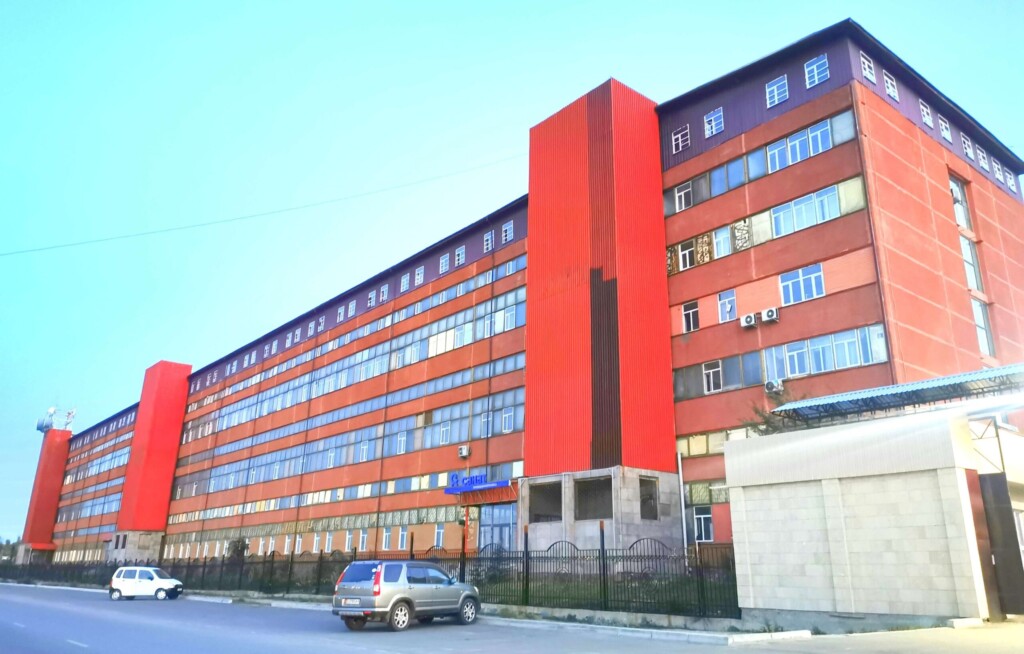The International Medical University is an innovative institution of higher education with international recognition. It has successfully undergone independent accreditation by the educational institutions and programs accrediting body “SAPATTUU BILIM”. The university holds a significant position in the World Health Organization’s directory and is also listed by the educational commission for foreign graduates of medical universities in the United States. The university’s degrees are acknowledged in the CIS countries, India, Pakistan, the USA, and Canada.
Mission of the International Medical University: Our mission is to produce highly qualified and competitive professionals using cutting-edge global technologies in accordance with international standards. We aim to meet the demands of the global labor market while enhancing public health and quality of life through instilling ethical and universal principles of medical care.

Vision of the International Medical University: We envision our institution as a higher education provider that generates medical specialists who are sought after in the worldwide job market. Our graduates possess the ability to apply the latest medical advancements in their practice, utilizing innovative technologies to elevate healthcare standards.
Teaching Staff: The university boasts a highly skilled teaching faculty aligned with the Kyrgyz Republic’s state educational standards. Instruction is available in both Russian and English languages. Regular interactions with experts from domestic and international locations enhance the educational experience. Distinguished scientists from England, Germany, Russia, and Kazakhstan have visited to deliver lectures and engage with students.
Faculties and Science Infrastructure: Presently, the university comprises three faculties: General Medicine, Dentistry, and Pharmacy. The campus includes residency programs, a College of Medicine and Pharmacy, the modern Avicenna Medical Clinic, a TV studio, and a diverse student body of over 2000 individuals from around the world. The university boasts nine advanced educational and experimental laboratories equipped with state-of-the-art technology, dedicated to various disciplines including pathological physiology, microbiology, histology, and pathological anatomy. Additionally, a vivarium supports scientific and experimental work, and an anatomical museum showcases over 100 plastinated human and animal organ exhibits.
Student Resources: Our commitment to student resources is evident through the provision of electronic library databases, a modern library housing over 50,000 books and educational materials, and well-equipped reading rooms. The university employs cutting-edge library automation systems, including the “IRBIS 64+” electronic library, adhering to international standards. A full-scale printing house further enhances student support.
Avicenna Medical University Clinic: Future plans include the launch of 16 departments with 600 beds, an intensive care unit, and nine operating units at the Avicenna Medical University Clinic. Currently, the clinic accommodates a polyclinic and emergency medical service. As part of their education, students will undertake practical training at the clinic and gain access to real-time surgeries in three operating rooms.
Vivarium and Anatomical Museum: The vivarium is designed for housing laboratory animals utilized in experiments and educational activities. The anatomical museum serves educational and demonstrative purposes, featuring an extensive collection of human and animal organ specimens. Cutting-edge equipment, including the Pirogov’s table, offers an interactive and immersive learning experience.
Publication and Technological Advancements: The university publishes the scientific journal “Vestnik” annually, featuring works from scholars in Russia, Kazakhstan, Uzbekistan, and our Republic. Adapting swiftly to the pandemic, the university transitioned to online learning using advanced television and information technology. The institution employs a unique Learning Management System (LMS) developed by Moscow programmers.
International Collaboration: International cooperation is nurtured through agreements with foreign educational and scientific institutions, facilitating joint activities, expanded cooperation, and enhanced networking. The university has partnerships with prestigious institutions globally, such as Lahore University of Pakistan, University of South Asia Pakistan, Chuvash State University, and many others.
With a commitment to excellence in education, research, and global collaboration, the International Medical University continues to thrive as a pioneer in medical education and practice.
